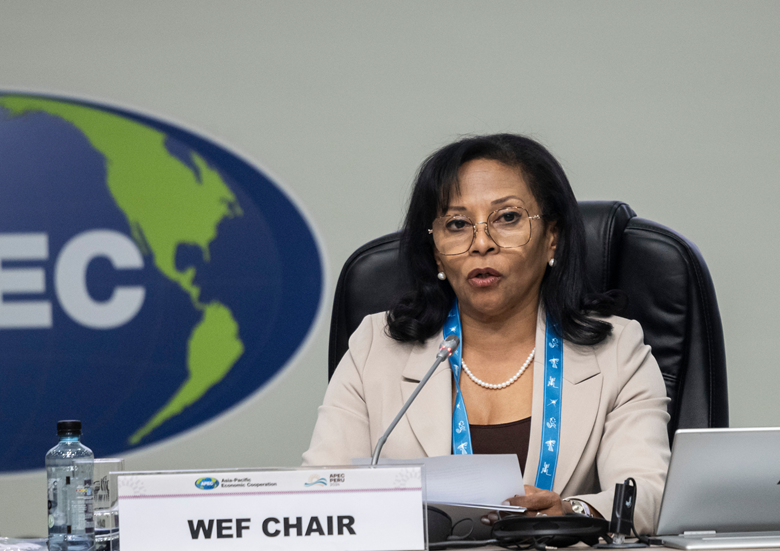
To advance the role of women in STEM, it is essential to address entrenched social practices and tasks associated with a female stereotype.
The success of our economies and the well-being of our societies depend on our ability to arrive at consensus when the scenario is complex, but the horizon is the same. Our contributions look forward to societies with equal opportunities and benefits where women and girls can develop freely and become catalyzers for our economies.
Thus, it is essential to address the obstacles that women still face in achieving economic empowerment, including social norms and practices that place them at a disadvantage or in subordinate positions, or that use motherhood as an excuse for exclusion or demand that they set aside their economic expectations to fulfill caregiving responsibilities. Despite the progress made in recent years and the increased prominence of women in political, economic, social and cultural life, inequalities persist in each of our economies.
The APEC region cannot remain indifferent to a constantly changing world of work, especially the global technological challenges we face. It is urgent, and also important, to create conditions and develop innovative, sustainable and effective strategies to increase the participation of women in science, technology, engineering and mathematics (STEM) education and careers. They are fundamental engines of innovation and economic development, shaping the future of industries and businesses in economies and societies around the world. Attracting women and girls to STEM careers can empower them with the technology and skills needed for a promising future.
We have to ensure the foundations of a future with equality, economic empowerment of women, sustainable development, and prosperity in the Asia-Pacific region. Our commitment to the La Serena Roadmap on Women and Inclusive Growth lay the foundations for a future where gender equality and women's economic empowerment become the cornerstones for the growth and development of our economies.
We need to actively work to break down barriers and eliminate stereotypes that have restricted women's access to job opportunities and leadership positions in STEM fields, ensuring that the full potential of female talent is realized. Recognizing and valuing their talent and contributions in these fields will promote the entry and retention of more women in STEM careers.
Within and outside APEC, we need to create synergies that promote the effective participation of women in STEM, providing them with access to information technologies and learning opportunities in digital competencies and skills. This will strengthen women's comprehensive personal growth, their economic empowerment, and their position in decision-making.
In conclusion, this will reaffirm the basic principles of APEC as a prerequisite for women to continue advancing in all aspects of their lives-economically empowering them to contribute to the sustainable growth and development of the entire Asia-Pacific region.






